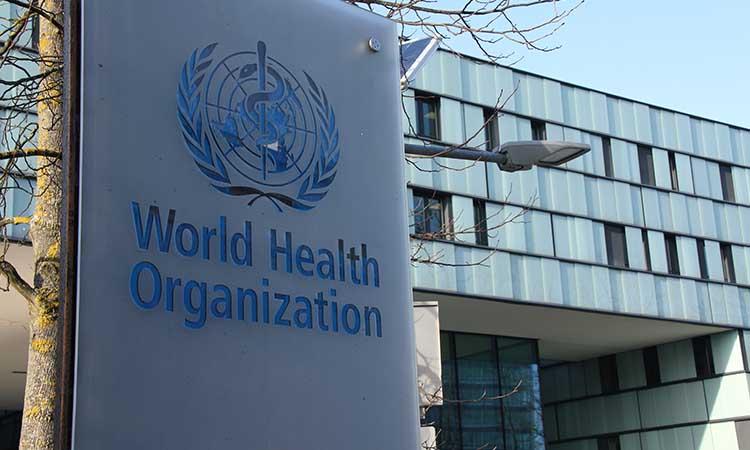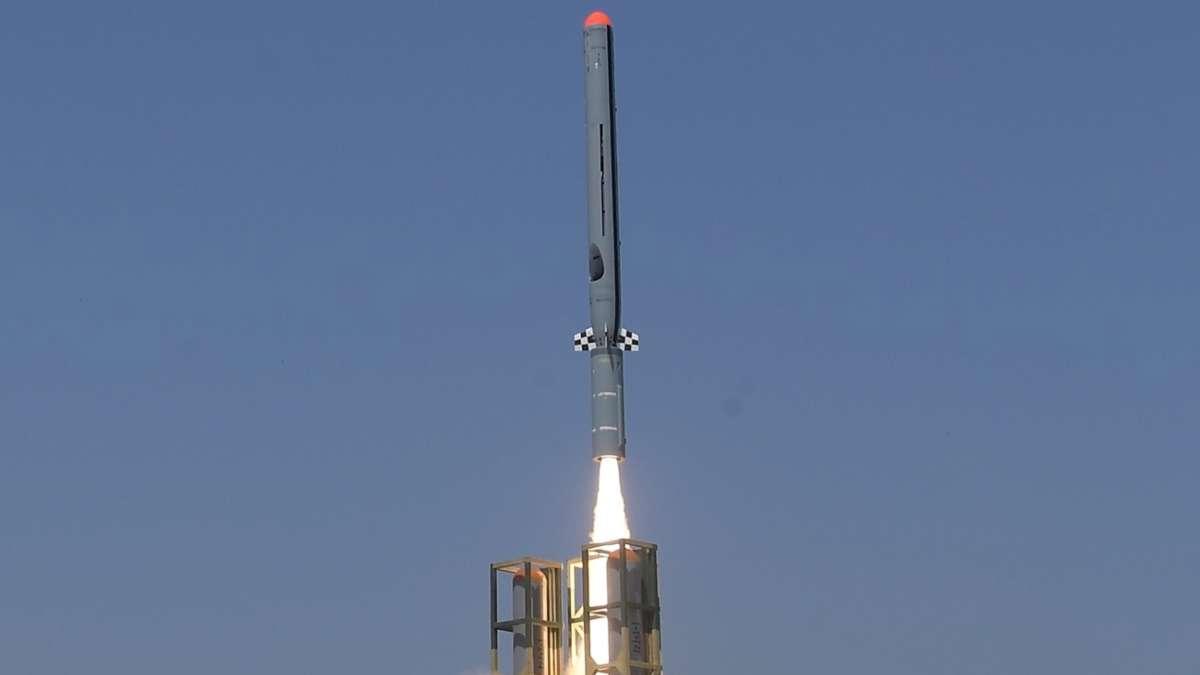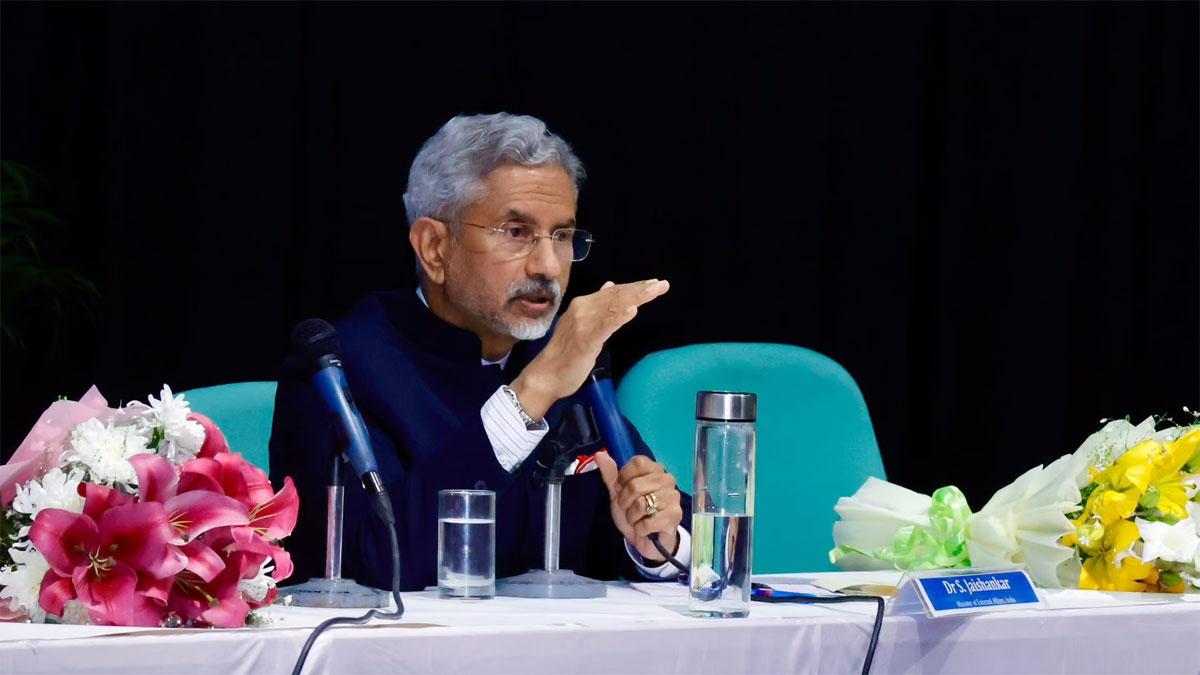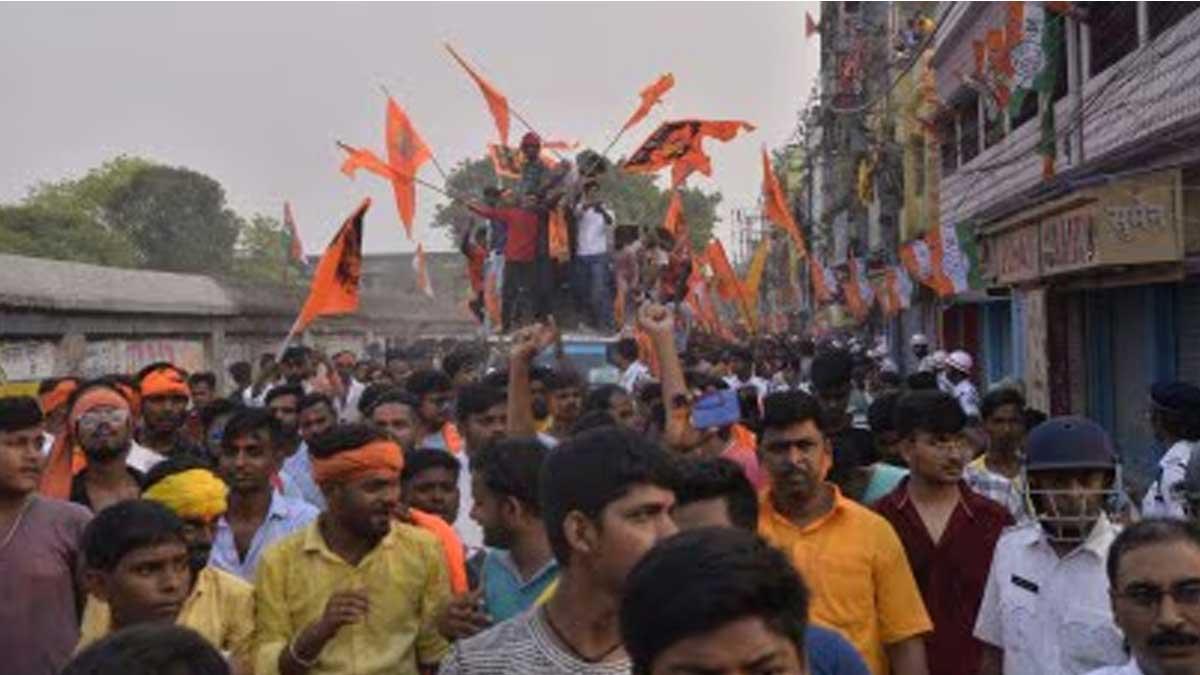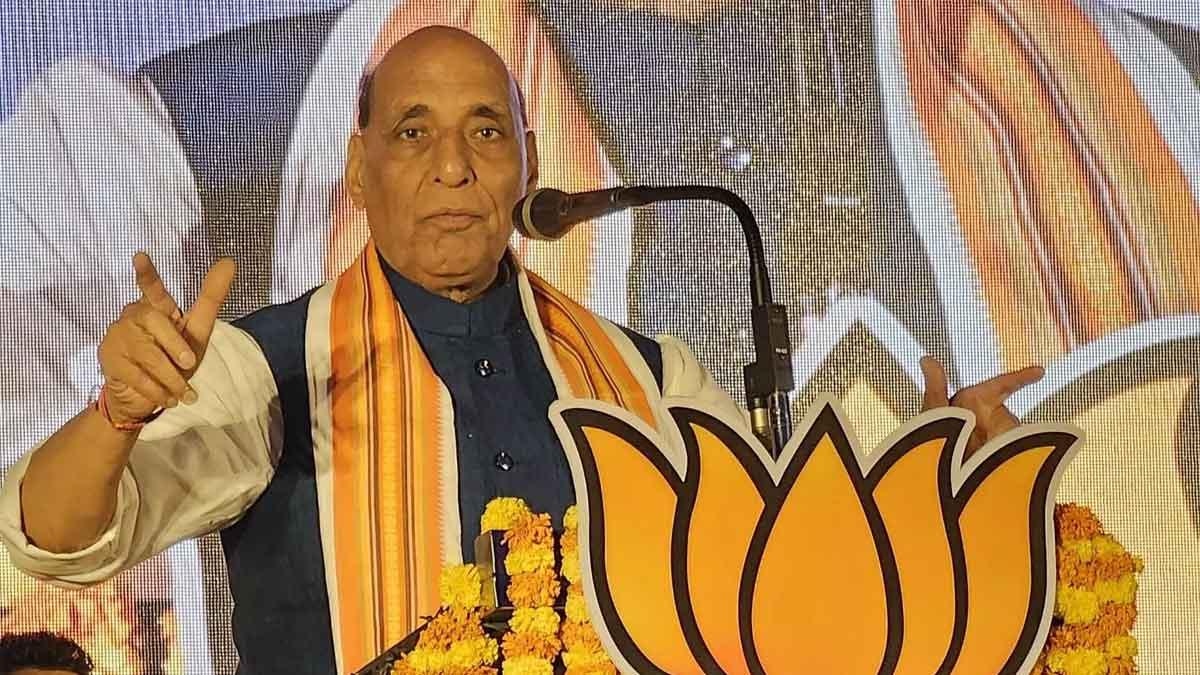The World Health Organization (WHO) pledged to supply oxygen concentrators, hospital beds and essential medical supplies as India battles surge in Covid-19 cases.
The WHO is procuring laboratory supplies, including 1.2 million reagents, to meet the huge demand and need for testing; mobile field hospitals with a capacity of 20-30 beds, which could be set up in the most affected areas. The WHO is also chartering flights to bring in 4, 000 oxygen concentrators to help meet the increased demands.
It said that addressing the critical gaps should be top priority.
"The current rapid surge of Covid-19 cases has put immense pressure on the health systems, already overburdened since the start of the pandemic. We need to act with speed, expand hospital capacities and equip them with medical supplies, most needed to save lives," said Dr Poonam Khetrapal Singh, Regional Director, WHO South-East Asia Region, in a statement on Wednesday.
In addition, health authorities must emphasise on rational use of drugs and oxygen, to ensure lifesaving interventions are made available to only those who need it, Singh said.
Singh noted that over 2600 WHO technical staff, working on various programmes such as polio, tuberculosis and neglected tropical diseases, have been repurposed to support pandemic response in India. They will support with rapid situational analyses, and implementation of tailored responses.
Along with optimising available resources such as ICU beds, all efforts need to be made to scale up Covid-19 vaccination coverage, Singh said.
She also emphasised the need to follow key public health measures -- test, trace, isolate and treat -- along with physical distancing, hand hygiene, cough etiquette and masks continue to be our tried and tested measures to curtail Covid-19 transmission.
"Masks should be worn correctly covering the nose and mouth properly. Our masks should be a good fit, without gaps, to effectively protect us from the virus," Singh said.

